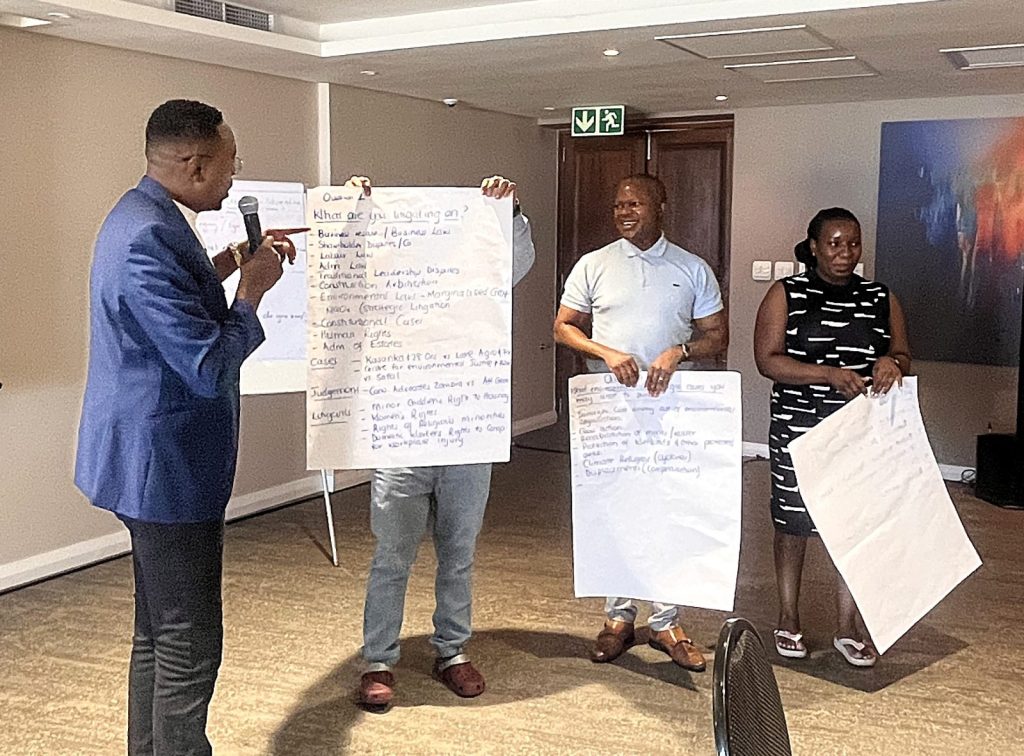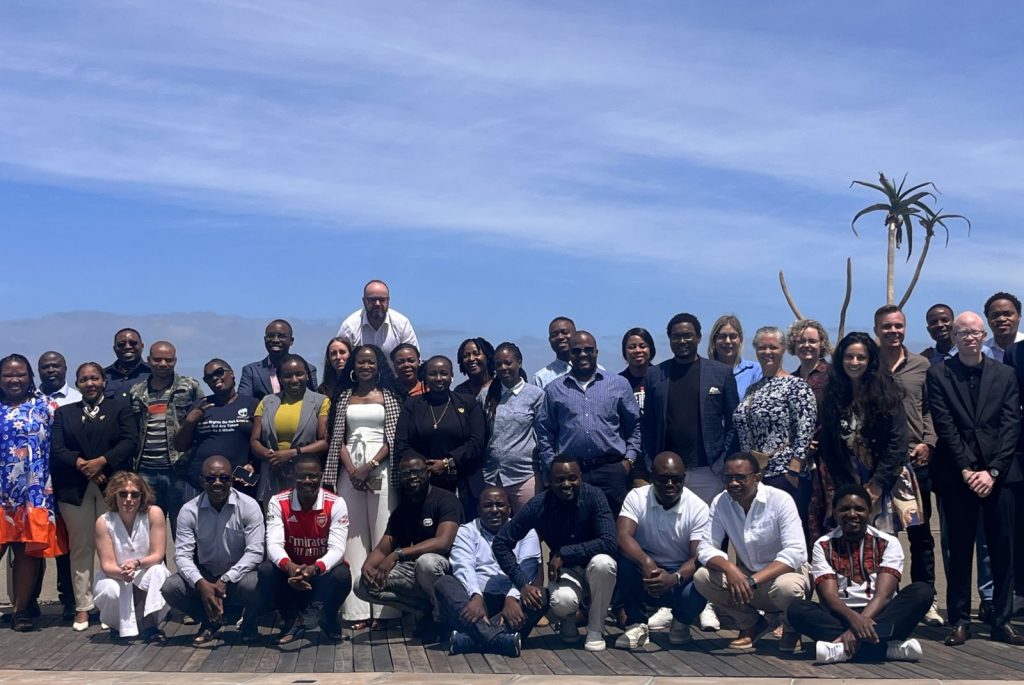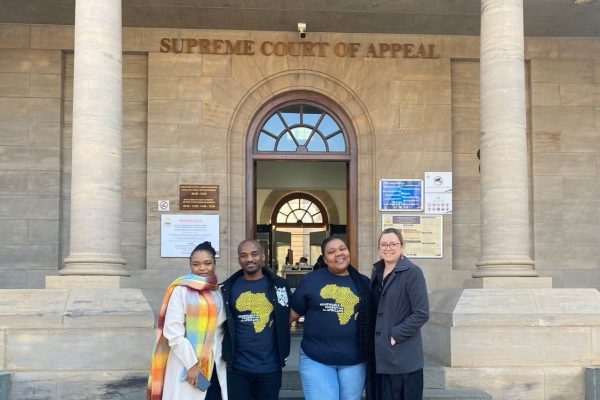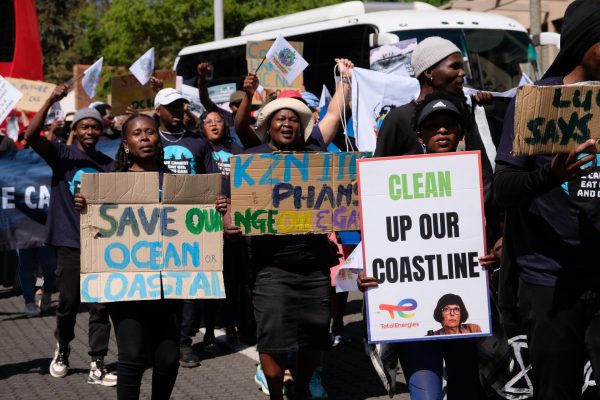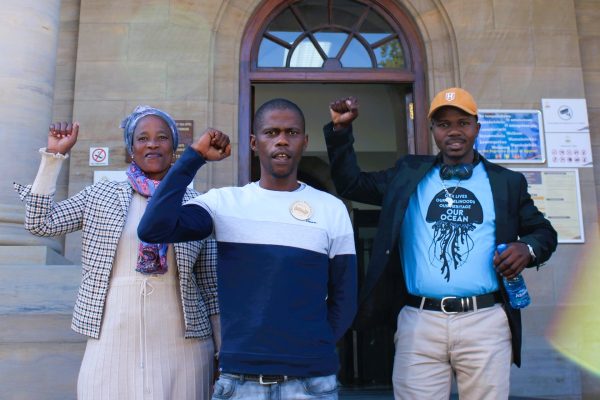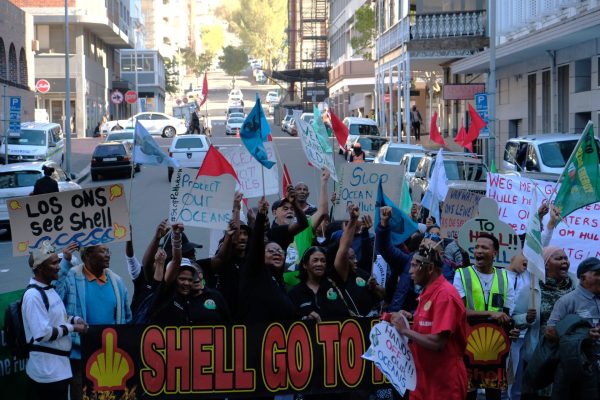(Part One of Three)
While conferences are criticized for being a chance to tuck into croissants while avoiding work, for African lawyers working and litigating in the burgeoning field of Environmental and Climate Justice, these “watering holes” serve as crucial and urgent platforms for access to information and the advancement of legal advocacy. Most importantly, considering they work in an industry mired by isolation, disinformation, a lack of resources, and the threat of death (as well as other related injuries to one’s mental and physical health), these conferences act as essential points for solidarity and support.
There are, in fact, relatively few environmental and climate litigation lawyers in certain African jurisdictions, working with only a handful of legal practitioners. Yet, African countries need lawyers to take on the challenge of the myriads of human rights abuses and environmental destruction caused by a burgeoning of extractive projects, mines, pipelines and other projects across the continent.
In the first week of December 2024, the Environmental Lawyers Collective for Africa, in partnership with the American Bar Association and the Vance Centre, was fortunate enough to usher in a pilot project to solve this dire state of affairs.
The Environmental Litigation Training Workshop is the first of many to be hosted by the partners, geared towards using the existing knowledge of public interest and human rights lawyers to propel the advancement of environmental and climate justice on the continent.
Over 54 mid-career and senior lawyers gathered in Cape Town for an introductory course on contemporary environmental law and policy. They had the opportunity to learn from renowned experts in the fields of climate science, international law, strategic litigation, community building, just energy transition and carbon market regulation.
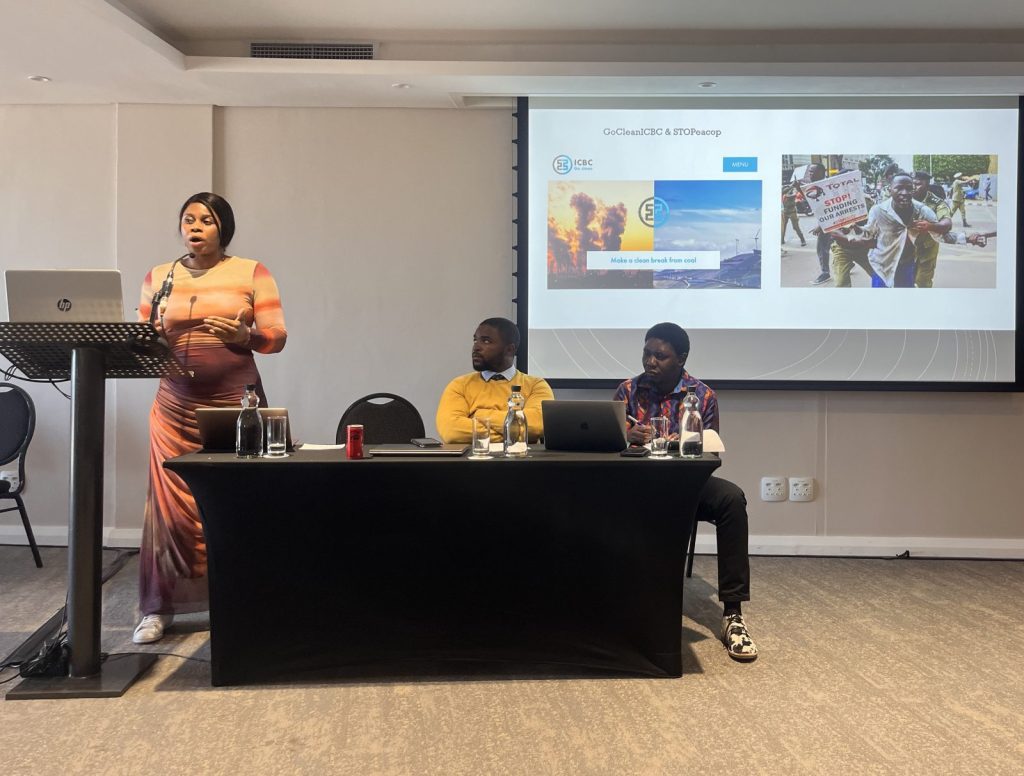
A number of running themes came out of the workshop, which will serve as the focus of this 3-part blog series: –
The first and most important theme is the importance of strategic litigation.
During the workshop, the judgment of the famous “#CancelCoal” case was handed down by the Constitutional Court of South Africa on the 4 December. This case involved a legal challenge to government’s plans to supplement an already coal-reliant national grid with a further 1,500MW of coal-fired power. A number of civil society organizations, legal clinics and child justice centers challenged this decision (CER, Centre for Child Law, African Climate Alliance, Vukani Environmental Justice Movement and groundWork) by the Minister of Mineral Resources, Gwede Mantashe, as well as the National Energy Regulator of South Africa.
Their argument was that the implementation of the project would serve as a failure by the state and administrative body to satisfactorily ponder the impact of this coal plant on a myriad of constitutionally protected rights. Some of the lawyers who had worked on the matter in various capacities, whether as amicus or as applicants, were in attendance at the workshop. We were able to celebrate the Court’s findings and learn from the innovative strategies they used to succeed at a constitutional level.
In its positive judgment, the court particularly emphasized the Minister’s failure to consider the best interests of the child in relation to the power plant. Such projects are, of course, known to lead to environmental degradation, and they also affect the health of communities who live and work near the plants.
The case was a good example of the impact that strategic litigation can have on, not only setting precedent for potential litigation in the future, but also its value in inspiring other lawyers working in surrounding jurisdictions. The case demonstrates the power of collaboration, collective effort and strategic thinking.
